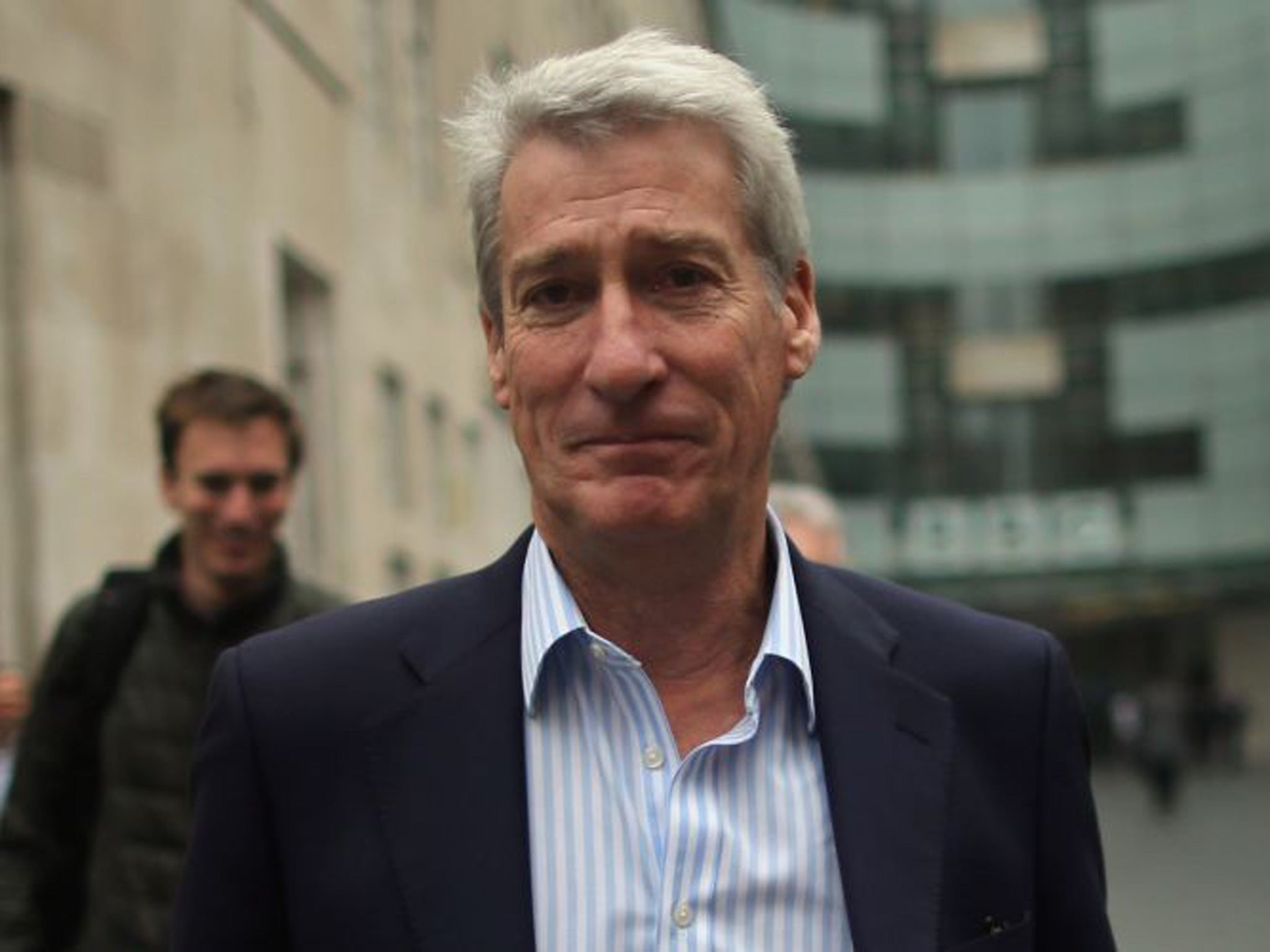Jeremy Paxman attacks contemporary poetry, saying it should 'raise its game' and stop 'talking to other poets'

Your support helps us to tell the story
From reproductive rights to climate change to Big Tech, The Independent is on the ground when the story is developing. Whether it's investigating the financials of Elon Musk's pro-Trump PAC or producing our latest documentary, 'The A Word', which shines a light on the American women fighting for reproductive rights, we know how important it is to parse out the facts from the messaging.
At such a critical moment in US history, we need reporters on the ground. Your donation allows us to keep sending journalists to speak to both sides of the story.
The Independent is trusted by Americans across the entire political spectrum. And unlike many other quality news outlets, we choose not to lock Americans out of our reporting and analysis with paywalls. We believe quality journalism should be available to everyone, paid for by those who can afford it.
Your support makes all the difference.Jeremy Paxman has launched a blistering attack on modern poetry, saying it had “connived at its own irrelevance” – after judging one of the artform’s most prestigious prizes.
The outgoing Newsnight presenter suggested there should be a form of “Inquisition” in which poets would be required to explain their work to ordinary members of the public.
He said the shortlist for the Forward Prize for Best Collection – works by Colette Bryce, John Burnside, Louise Glück, Kei Miller and Hugo Williams – included a “whole pile of really good poems here” with nothing “that I don't feel better for having read”.
However, according to a report in The Guardian, Mr Paxman then added: “I think poetry has really rather connived at its own irrelevance and that shouldn't happen, because it's the most delightful thing.
“It seems to me very often that poets now seem to be talking to other poets and that is not talking to people as a whole.”
He said that poetry should “raise its game a little bit, raise its sights”.
Mr Paxman said his idea for a poetry inquisition would see “poets called to account for their poetry”.
They would be asked to “explain why they chose to write about the particular subject they wrote about, and why they chose the particular form and language, idiom, the rest of it, because it would be a really illuminating experience for everybody”.
Michael Symmons Roberts, a previous Forward Prize winner and judge, admitted poetry did not have the same currency as novels and films in modern culture, but said it was something that people turned to at “key moments” in their lives such as weddings and funerals.
“There is an awful lot of very powerful, lyrical, and readable poetry being written today,” he said.
He disagreed that poets were to blame, saying the situation was more complex than Mr Paxman suggested and that his argument was not “quite good enough”.
“We have lost the sense that poetry sits halfway between prose and music – that you can't expect to read it like a novel. We are quite used to downloading an album and listening to certain tracks … poetry needs to be consumed in that way,” he said.
“You live with poems, reread them, and they will give more and more riches each time. So it would be true to say that we have forgotten as a nation how to read books of poetry – but we still have a powerful need for it.”
Susannah Herbert, director of the Forward Arts Foundation, praised Mr Paxman's “splendidly provocative proposals”, adding that she hoped they would “kickstart an overdue national debate about the power of well-chosen words, communication and the role of poetry in our collective lives”.
Mr Paxman, 64, author of a book called The English, has been making more headlines than usual recently.
On Saturday, he insisted that the kilt was invented by an Englishman, claimed there was “a head of steam in Scotland for hating the English” and suggested the Highland Clearances had been turned into something of a myth.
Perhaps unsurprisingly, Mr Paxman has little regard for Scotland’s national bard. Writing about Robert Burns in an introduction to Chambers Dictionary in 2008, he said: “I’m afraid I find the Scottish national poet no more than a king of sentimental doggerel.”
Join our commenting forum
Join thought-provoking conversations, follow other Independent readers and see their replies
Comments